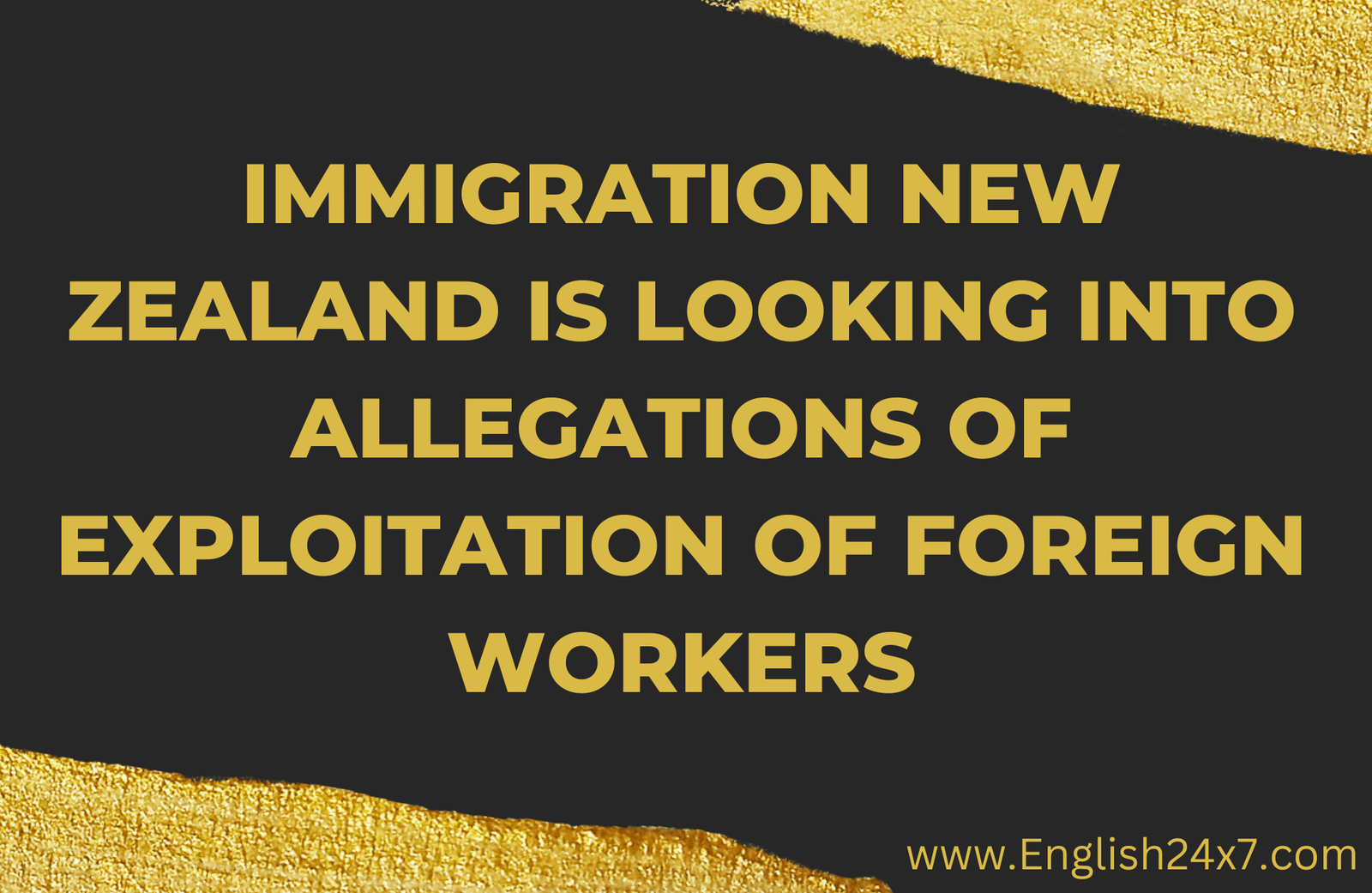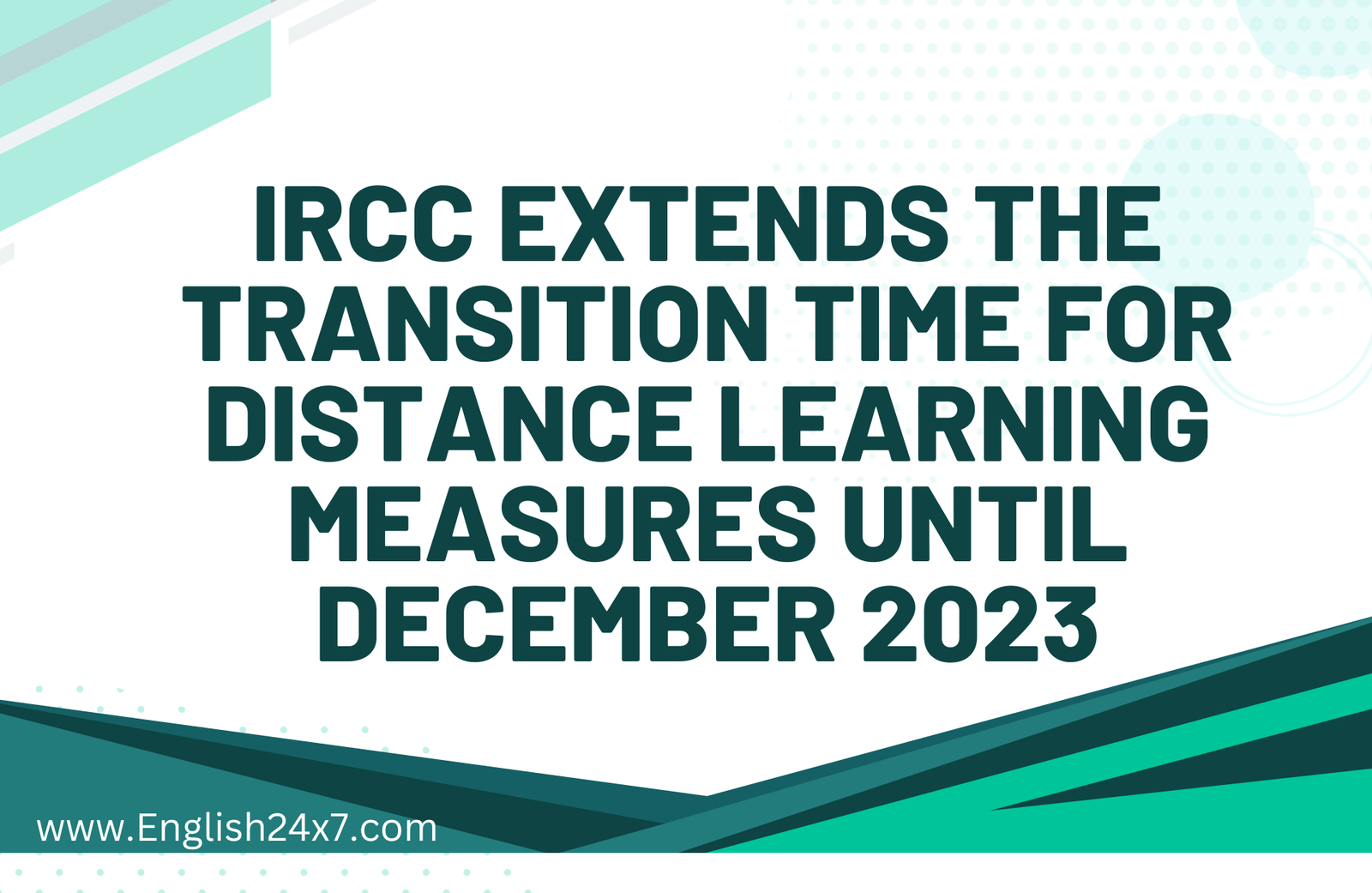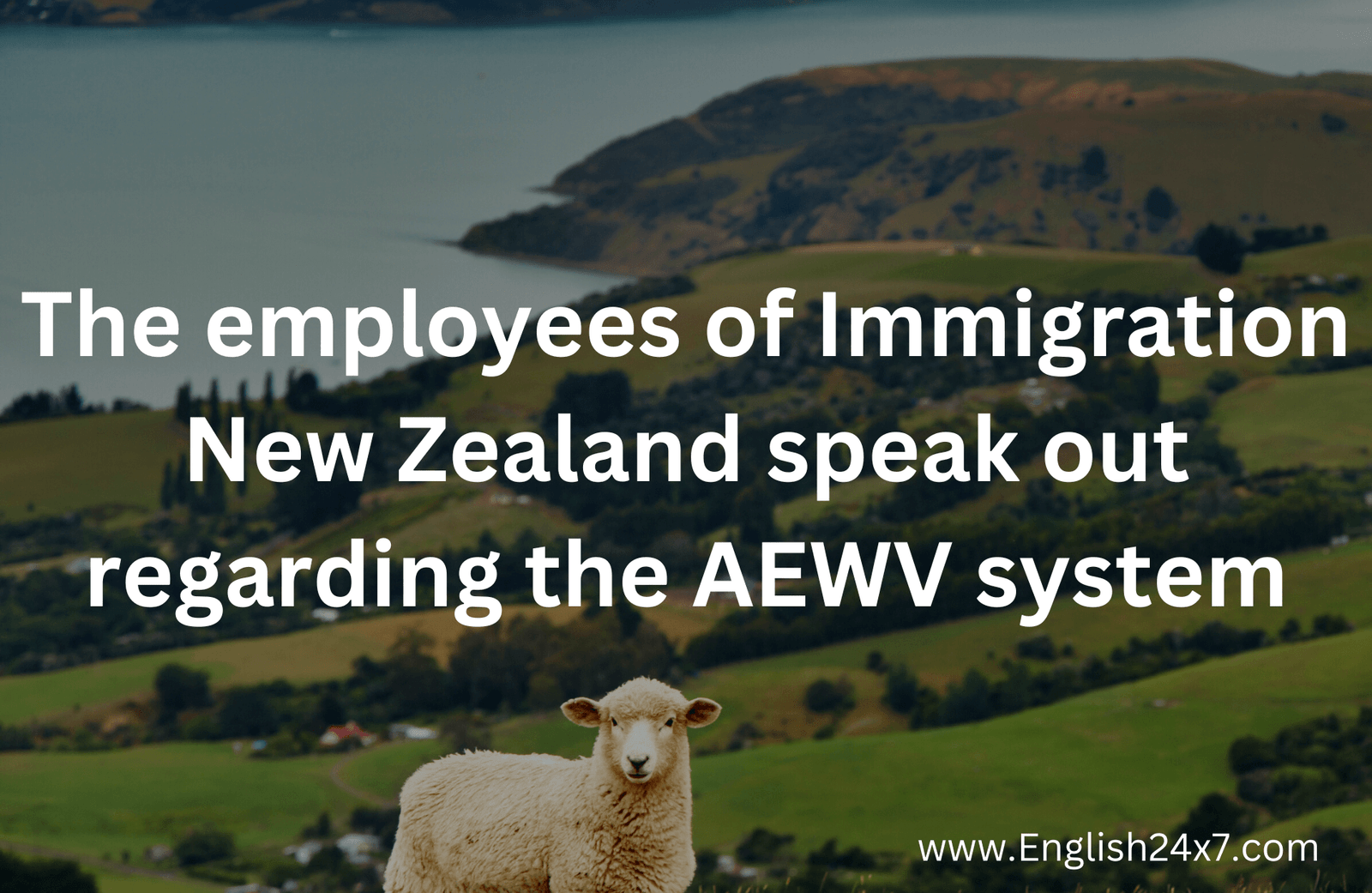
Immigration New Zealand is looking into allegations of exploitation of foreign workers
The government has opened a probe into the plight of dozens of migrant workers who have been unable to leave Auckland.
According to a Newshub article, more than 30 individuals with legitimate work visas were unable to leave Auckland.
Most of these workers paid agents anything from $15,000 to $40,000 for visas and related positions, but they were never offered paid employment.
Since then, Immigration New Zealand has begun looking into four further Auckland residences believed to be sheltering dozens more unemployed workers.
115 people from India and Bangladesh who entered New Zealand on legitimate work visas have been interrogated by authorities. The homes where the workers are residing were also inspected, and it was determined that they were not adequate for the quantity of people staying there.
According to the Ministry of Business, Innovation, and Employment, the welfare of these people is Immigration New Zealand's top priority. This involves making sure that each home has access to basic necessities like food, water, and energy, as well as linking them up with community resources that can offer emotional and spiritual guidance.
A whistleblower has come forward with claims of misuse in the accredited employer work visa scheme, so on Thursday, Immigration Minister Andrew Little said the Public Service Commission would evaluate the processes involved.
Places to stay in Papakura
RNZ has verified that around 30 job-seekers are now living in a dirty three-bedroom house in the Papakura neighbourhood of South Auckland.
They had to use the same overflowing garbage cans and one bathroom with two people.
Many migrants who talked to RNZ indicated that they are forced to sleep on the freezing floor since mattresses take up so much space in each room. Clothes and suitcases are being hung and stored in the garage.
Migrants said there was a problem with the plumbing, and the residence was permeated by the stench of sewage.
Welder Sathish Kumar moved to New Zealand after spending the previous 18 months in Poland. While on vacation in India, Kumar learned about New Zealand and its plentiful career options.
Two months ago, Kumar reportedly moved to Auckland after spending $16,000 on a job and a visa.
When Kumar first arrived at the residence, there were already twenty-five workers occupying it.
Gurvinder Singh, a truck driver from India, spent $30,000 on a visa to remain in Dubai, where he had been employed for the previous eight years. In June, he sailed to New Zealand.
"I've been calling the company every day, and they just keep telling me to wait," Singh said.
Singh eventually met with corporate representatives in Auckland, but was disappointed to learn that he would not be driving any of the company's vehicles.
Singh is in limbo right now, along with the rest of the residents.
The migrants inside have reached out to Mandeep Singh Bela, head of the Union Network of Migrants New Zealand, seeking assistance.
According to Bela, the authorized employer visa scheme has become a major source of exploitation of foreign nationals.
He argued that the immigration minister should review the accreditation and approval procedures for authorized employers in order to curb the current exploitation of the work visa scheme.
The current system, he added, did not hold employers accountable, and he was worried about the potential dangers to workers' health and safety from living in overcrowded conditions.
They are "really struggling" because of the fact that "they are crowded into these houses," he claimed.
Visas Director at New Zealand Immigration Sarah Clifford stated that numerous complaints and allegations of worker exploitation had been received by her department. Multiple probes into these cases are currently being conducted by the department.
As of this past Tuesday, August 9th, the accreditation of five businesses was suspended and the accreditation of six others was cancelled. Investigations conducted by Immigration New Zealand led to the cancellation of accreditation for three of the six affected employers.
The Indian embassy said they will help their citizens.
Immigration New Zealand is now making efforts to contact overseas visa holders connected to this case to advise them to delay travel plans until they hear from the department again.
Since the new visa was introduced in July 2022, Immigration New Zealand reports that as of Monday, 80,576 authorized employer work visas have been awarded. About 27,892 businesses have been approved as accredited throughout this time.
Serious repercussions;
Separately, Little has asked officials to engage with a spokesperson so they may gather information after meeting with a group of abused Chinese migrant workers last week.
Twenty Chinese workers attended the seminar in Auckland; many of them had paid thousands of dollars for work visas to New Zealand only to discover that there were few job openings there.
As a result, we have procedures in place including audits, checks, and reacting to complaints. "We will not eliminate every act of exploitation by a bad employer," Little added. While the majority of businesses follow the law, breaching the law is a crime with substantial ramifications for the minority that don't.
Workers who attended the conference told RNZ that the migrant exploitation protection visa only lasted for six months, which was not enough time to either find stable job or complete the lengthy legal proceedings that often arise.
May Moncur, an attorney specializing in labour and employment law, has reported that the workers have demanded that the government do away with the mandatory 90-day trial period and streamline the grievance procedure.
According to Little, the 90-day trial term under employment agreements for recruiting foreign nationals under the authorized employer work visa is not restricted in any way.
Little noted that precautions provided by the migrant exploitation protection visa aren't the only options for workers; the rejected worker visitor visa and the possibility to transfer to another accredited employer are also viable options.
A migrant worker named Yanfeng Lin attended the 10 August meeting in the hopes that her unlawful employer and agent would be brought to justice.
Saying that "it doesn't cost much for those bad people to do illegal things," he continued, "but the cost for us to uphold our rights is too high."







